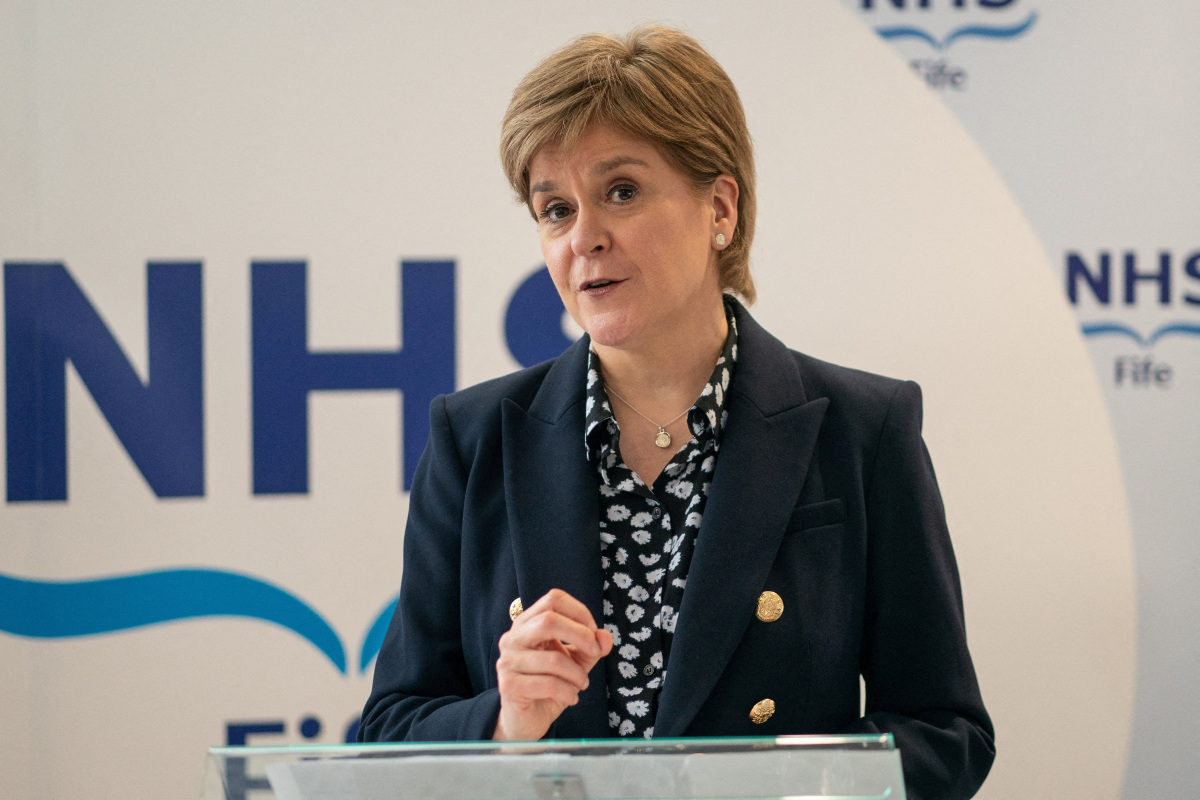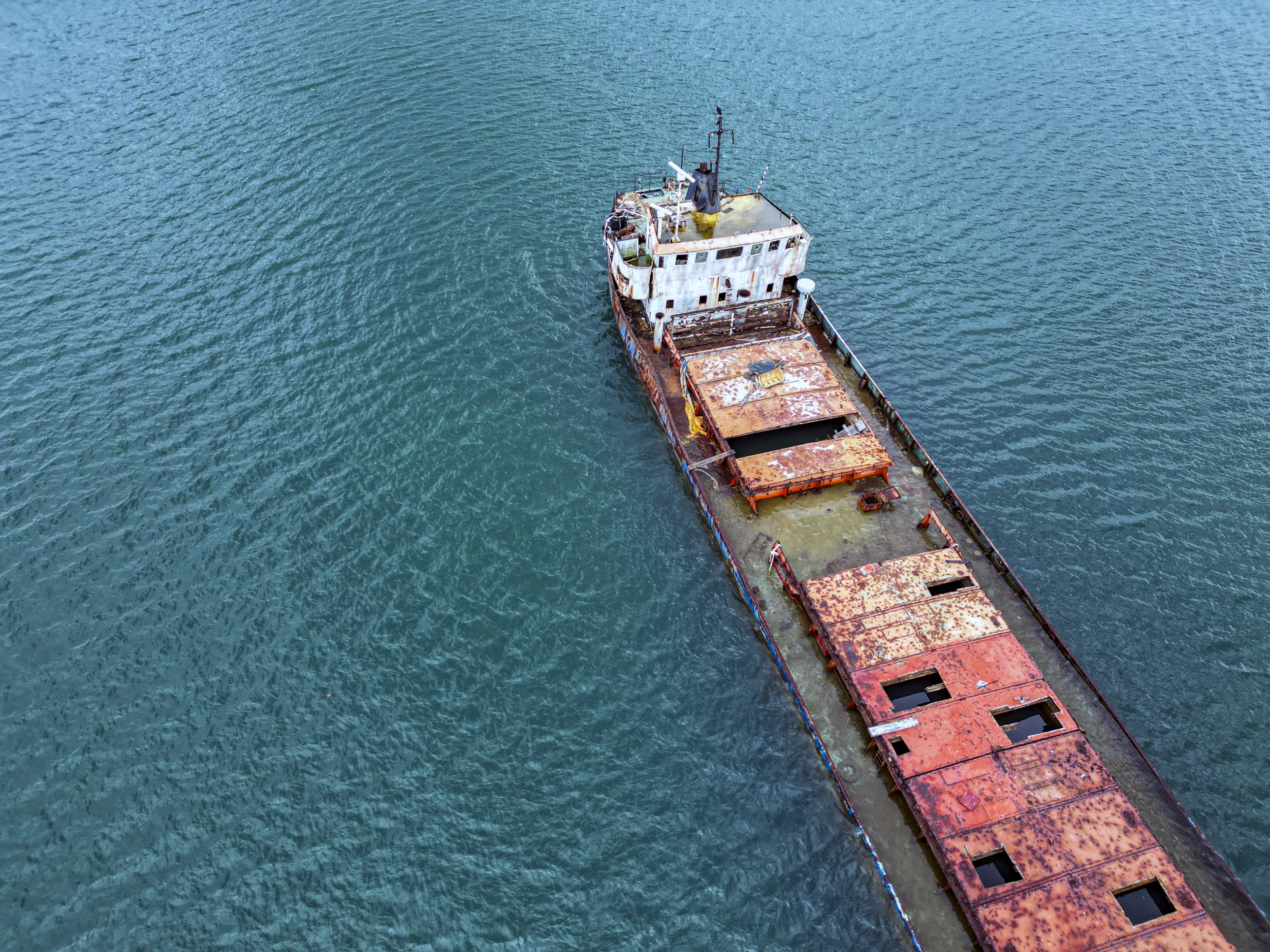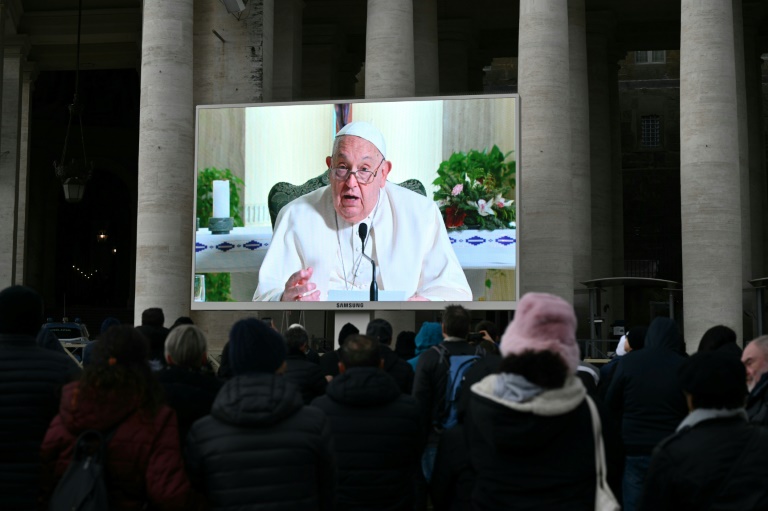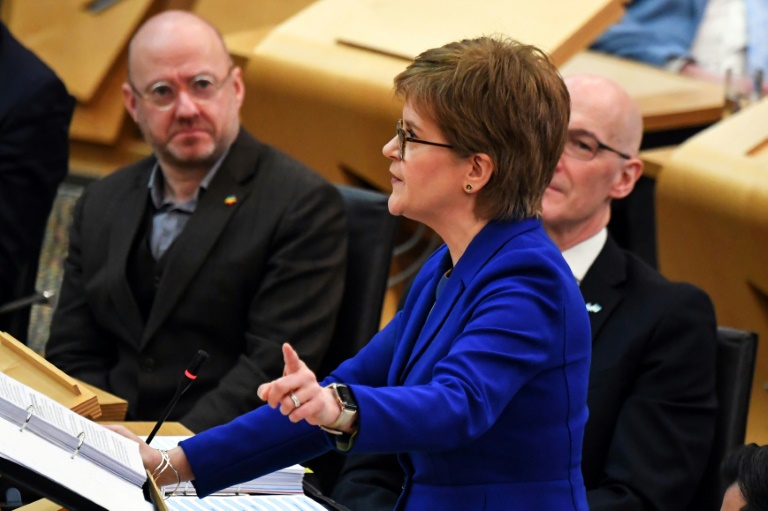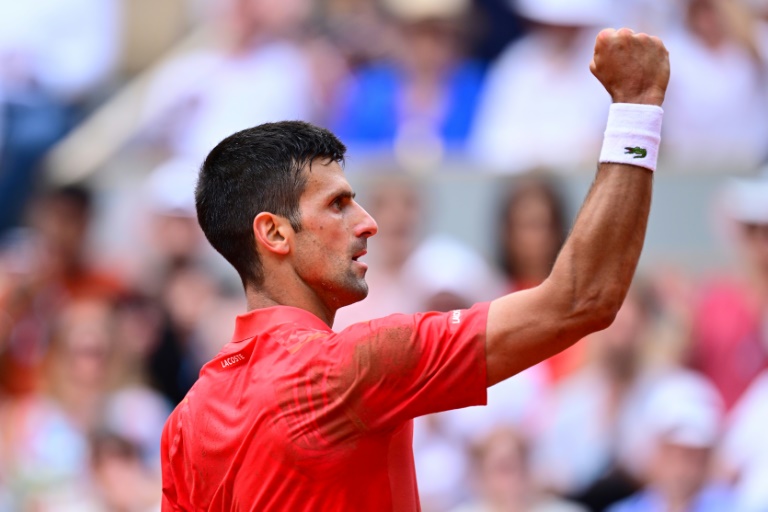Reuters
Former Scottish First Minister Nicola Sturgeon was arrested on Sunday after voluntarily attending an interview in connection with a police probe into the fate of funds for her pro-independence Scottish National Party, her spokesperson said.
The police investigation is looking at what happened to more than 600,000 pounds ($754,140) in funding, which was raised by Scottish independence campaigners in 2017 and was supposed to have been ring-fenced but may have been used for other purposes.
The arrest is deeply embarrassing for the SNP, which has dominated Scottish politics for most of the last two decades. Sturgeon stood down earlier this year and support for the party and its aim of independence has since dropped.
“Nicola Sturgeon has today, Sunday 11th June, by arrangement with Police Scotland, attended an interview where she was to be arrested and questioned,” a spokesperson for Sturgeon said.
“Nicola has consistently said she would co-operate with the investigation if asked and continues to do so.”
Earlier, Police Scotland said on Twitter that a 52-year-old woman had been arrested as a suspect in connection with its investigation into the funding and finances of the SNP.
“The woman is in custody and is being questioned,” Police Scotland said. “As the investigation is ongoing we are unable to comment further.”
The SNP said it had been cooperating with the investigation and would continue to do so. “It is not appropriate to publicly address any issues while that investigation is ongoing,” a spokesperson said.
In April, Sturgeon’s husband, Peter Murrell and the party’s then treasurer, Colin Beattie, were both arrested and then released without charge pending further investigation as part of the same probe. Sturgeon, Murrell and Beattie were all signatories on the SNP’s accounts.
At the time of Murrell’s arrest, police carried out a lengthy search of the couple’s home in Glasgow, which was sealed off with blue and white police tape.
‘SECRECY AND COVER-UP’
Sturgeon, Scotland’s longest serving leader of its semi-autonomous government, caught the political world by surprise when she announced her resignation in February, saying she had become too divisive to lead her country to independence.
Scots rejected ending the more-than 300-year-old union with England by 55% to 45% in a 2014 referendum, but the Brexit vote two years later and Scotland’s handling of the COVID-19 pandemic brought new support for independence.
The Conservative government in Westminster has refused a new referendum, and polls show support for the SNP and independence have dropped since Sturgeon’s departure.
Opposition parties have accused the SNP of being mired in scandal and too focused on independence to govern Scotland properly.
The Labour Party’s Scotland spokesperson Ian Murray said there was a culture of “secrecy and cover-up” in the SNP.
“The same culture that leads to police tents in front gardens has created the deeply dysfunctional government that is currently failing Scots,” he said.
Sturgeon’s successor Humza Yousaf has described the police investigation as challenging but has defended the SNP’s record and accused the Westminster government of interfering in the governing of Scotland and making devolution unworkable.
The divisive leadership contest to replace Sturgeon exposed deep divisions within the party during her eight years in power, which saw a small group exercise control over party affairs.
YouGov last month said that on current polling, the SNP could lose around half its seats to Labour in the next UK election, expected in 2024.
Although the SNP would still be the largest party in Scotland, large gains for Labour there could be key to the British opposition party’s hopes of a majority and returning to power in Westminster for the first time since 2010.
Earlier on Sunday, Yousaf said the SNP would be willing to do a deal with Labour if the election resulted in a hung parliament.
($1 = 0.7956 pounds)

